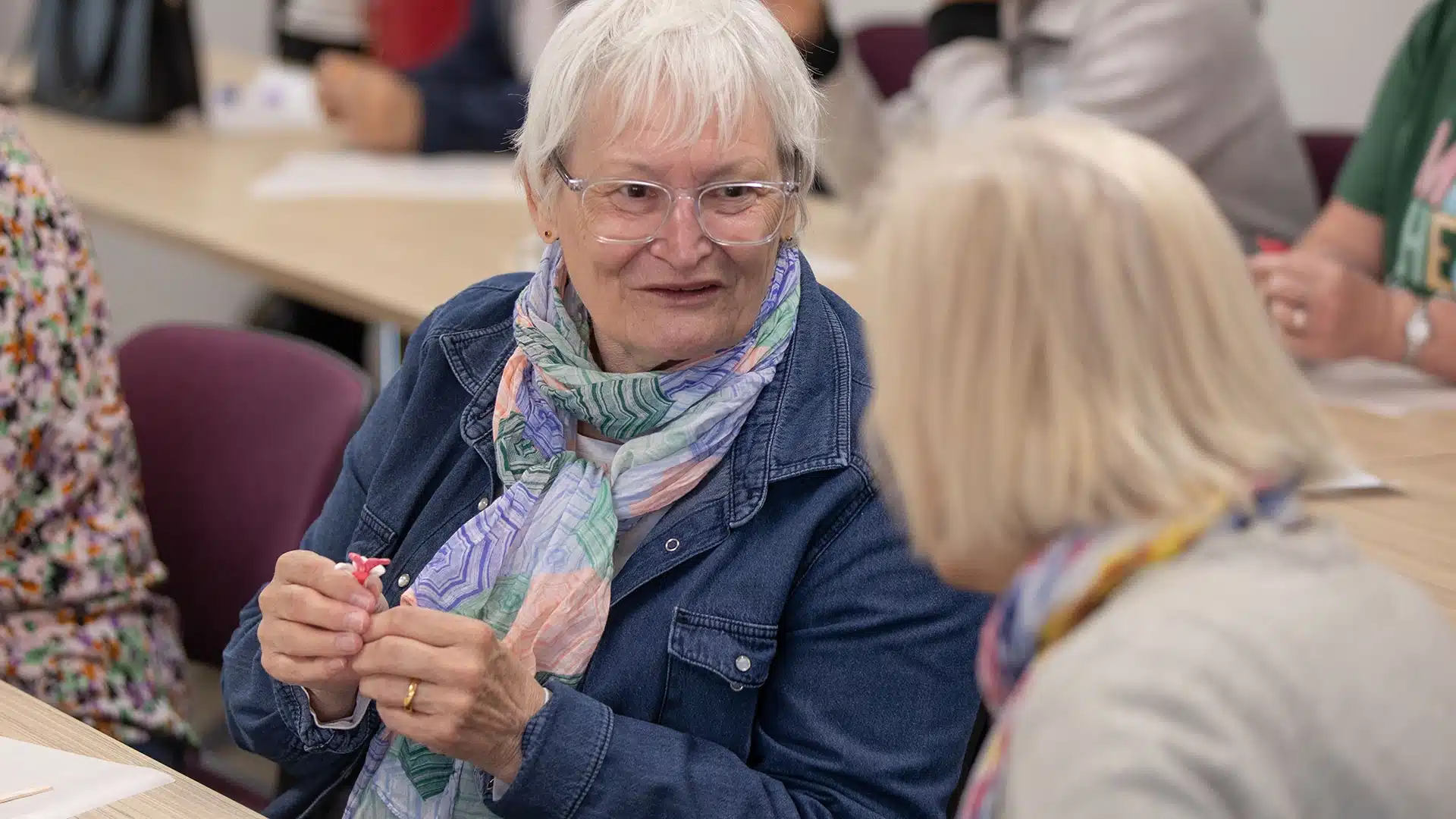Hunter Medical Research Institute’s (HMRI) Healthy Minds Research Program promotes mental health and wellbeing across all stages in life.
Mental health is not just the absence of mental illness. It is a state of wellbeing that empowers the individual to thrive in their environment physically, emotionally, cognitively, and socially.
Mental ill-health affects all Australians either directly or indirectly through our families, colleagues, friends and loved ones.
The causes of mental illness are multifaceted, and may stem from complex biological, environmental, and social factors that may also be compounded by stress and trauma.
2 in 5
HAVE EXPERIENCED A MENTAL ILLNESS AT SOME TIME IN THEIR LIFE
5 MILLION
AUSTRALIANS HAVE EXPERIENCED A MENTAL ILLNESS IN THE LAST YEAR
ROUGHLY 60%
OF THESE PEOPLE WON’T SEEK HELP
Our researchers lead outstanding mental health research that has a meaningful impact on our communities.
Our Healthy Minds Research Program’s research focuses on contributing to the prevention of mental ill-health, the prevention of suicide, and the promotion of overall mental health and wellbeing.
Investigating mental health across the lifespan
Mental health affects people of all ages.
Our program brings together collective expertise in pre‐clinical and discovery science, clinical practice, education, and translation of research findings and service evaluation.
Our diversity of expertise and strength in numbers allows us to explore mental health across the lifespan and discover practical solutions that help improve mental health and wellbeing for our communities.
We have particular research expertise in the following areas.

Developing minds
We’re focusing on ways to improve the mental health and developmental trajectories of children, adolescents, and their families.

Mental Health and Comorbidity
Our research focuses on mental health across the lifespan and comorbidity complexities, such as substance abuse.

Suicide Prevention
We focus on the prevention of suicide through improving mental health and wellbeing, reducing exposure to risk factors, strengthening community safety nets, and improving clinical treatments and services.

Healthy Ageing and Dementia
Our researchers are focusing on healthy and purposeful ageing, including creative ageing, early interventions, cognitive decline and dementia.
Our community is at the heart of our research
We generate new knowledge and discoveries, but most importantly, we drive these discoveries to be implemented into the real world.
We are able to drive research translation due to our strong partnerships with people with lived experience, government, schools, industry and others in the mental health sector passionate about transforming mental health.




















